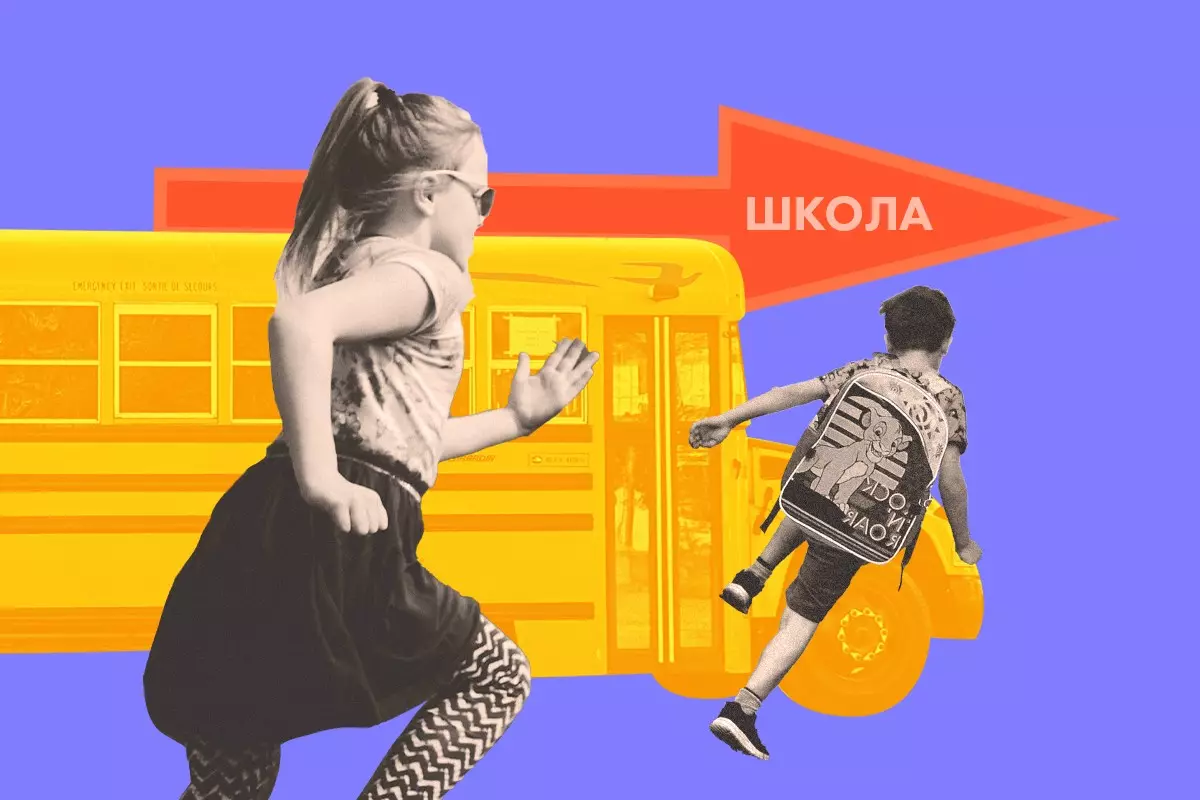
Unusual approaches to learning
There are many educational systems in the world that are not at all similar to us. In schools with such systems, children do not specify homework, do not apply and do not scold for incorrect answers.
True, this does not mean to study in these schools much easier. After all, schoolchildren have to take over more responsibility and strive for knowledge. We are talking about several alternative formations of education.
Waldorf PedagogyChildren who study on this system are longer than children. Learn to read, they need not earlier than seven years, write even later. From seven years, they are engaged in creativity, including dances, and learn foreign languages.
But from the age of 14, children proceed to serious sciences. In the learning process, they do not use computers and other electronics, but often they are engaged in the street and master toys do it yourself. The approach to each student teachers are chosen depending on its temperament.
Reggio pedagogyLearn through this system, children can already from three years. They choose themselves what they want to study. It is impossible to consider a specific curriculum on this system, educators and teachers should adapt to the interests of students. But the general principle of training is: to encourage the child's fantasy, to learn it to ask questions and find non-standard answers.
Also in this learning system, the role of the family is great. Classes are home to home, and parents are attracted to the fulfillment of training projects.
Model of the school "Amara Berry"Children learning on this system do not spend a bunch of time to solve the same type of tasks in notebooks. They represent themselves in the place of adults in everyday situations and are trying to apply new knowledge in practice. For example, in mathematics lessons, they can play a store or bank. Instead of writing boring essays and presentations lead their blog or produce their own newspaper.
Technique HarknessThe meaning of this technique is to involve all students in the discussion. In classes, they are sitting not at individual parties, but after one large table. So it will not be possible to hide in the corner and reset a lesson if you suddenly do not complete your homework. Yes, schoolchildren have no reason to be afraid that they donate them for the unfulfilled task or ask the question to which they will not be able to answer. Pupils are always ready to participate in discussions, because they understand that they are responsible for their education.
School model "Sadbury Valley"In schools working on this system, students have more opportunities to lead the learning process. Teachers help children if they are told to them, but the estimates do not put and the course of classes do not control. There are no schedule schools and division into classes by age. Children merge in interest and determine how their classes will be held. And also participate in the development of school rules and budget distribution.
Still read on the topic
